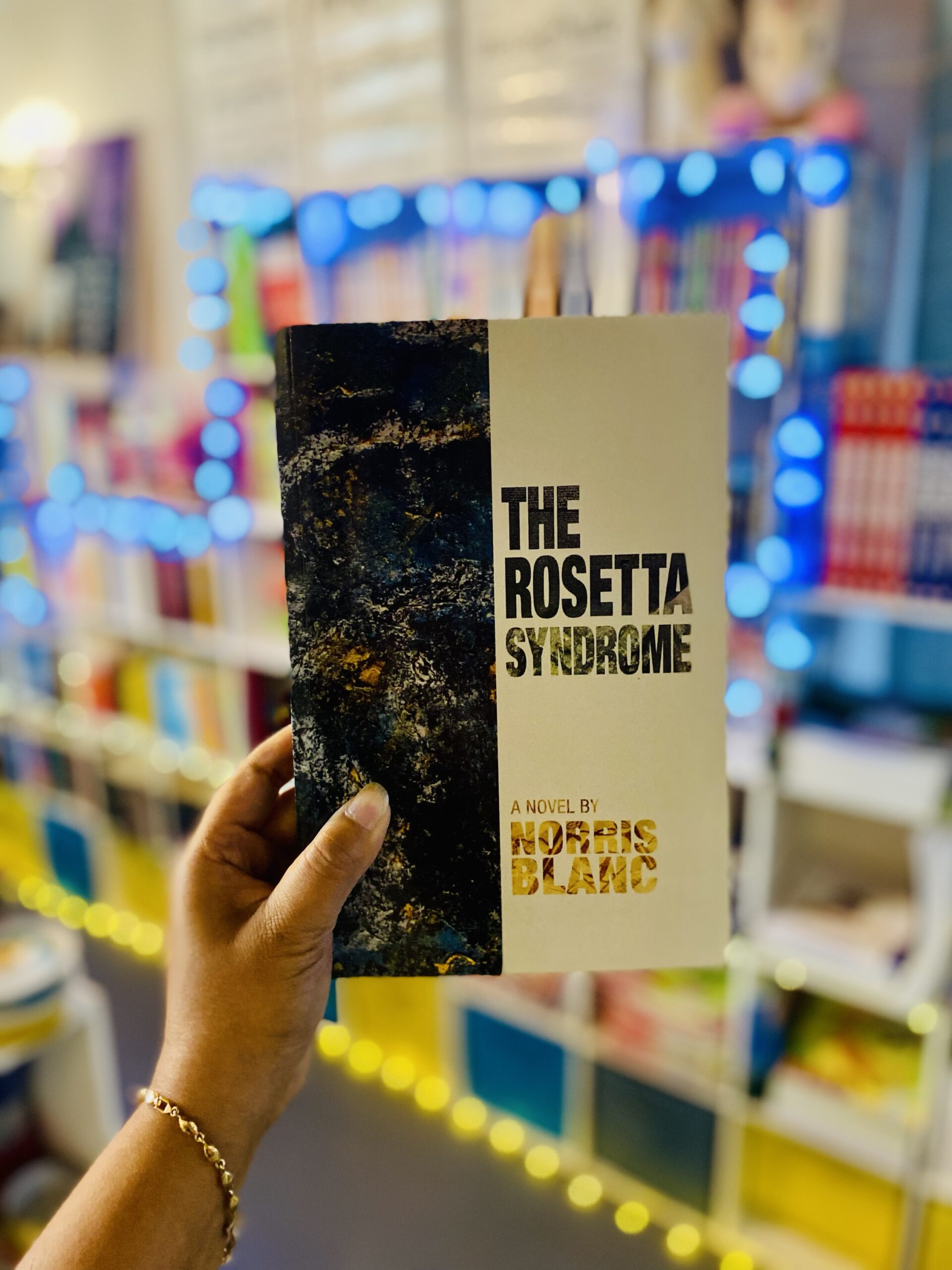The Rosetta Syndrome by Norris Blanc
$195.00
In stock
Description
“In the late afternoon light McAllister squinted in the direction of the wreck site several kilometers away, imagining he could see the large yellow buoy they’d laid only the day before, as a marker for the heavy mooring that would anchor the barge when it arrived. The Peruvian crew had been buzzing with excitement, and the anticipation of the next stage in the story of the Santa Lucia de Alcantara was almost intoxicating. Just yesterday, he thought. He wondered at how the safe, academic bubble of his archaeological life had been overtaken by this juggernaut. Global geo-politics were as febrile as they’d ever been since the Cold War, the flames fanned lustily by social media. Russians in Crimea and threatening eastern Europe, the Chinese militarizing the South China Sea, with North Korea and Iran stubbornly nursing their nuclear ambitions – and stampeding into this hair-triggered mix comes Rosetta.” Dr. Philip McAllister, senior marine archaeologist at the British Museum, is leading the project to raise a 16th Century Spanish treasure ship from the ocean floor off Lima, Peru. But just before he returns to Peru for the final stages of the excavation, he finds himself accosted by shadowy elements of the British secret services, who accuse him of cyber-terrorism, while curious Russians have also been lurking near his home. Meanwhile, a Californian artificial intelligence expert seems to have lost control of his most advanced creation, which he’d hired out to a Japanese investment banker to fraudulently manipulate the international financial markets. All of these disparate events are on a violent collision course that will endanger the lives of everyone involved, and ultimately threaten the very foundations of modern existence! Is the juggernaut unstoppable? Is native human ingenuity irrelevant, or is it now the only way ahead?





